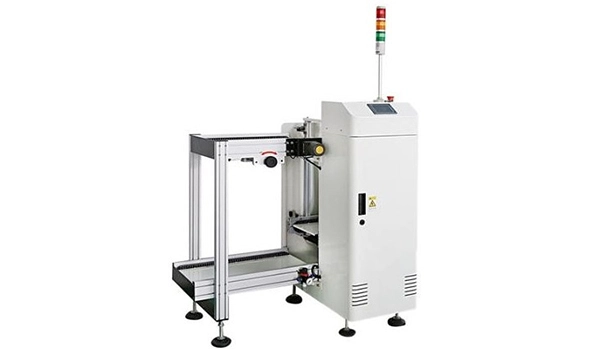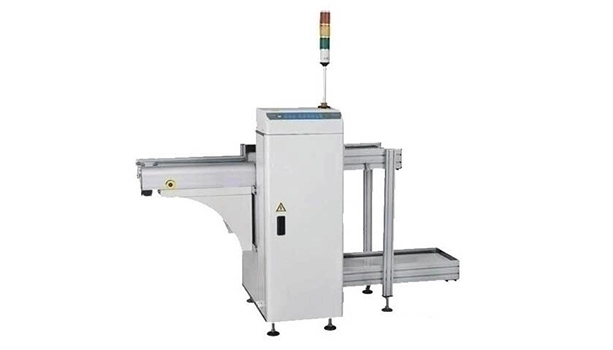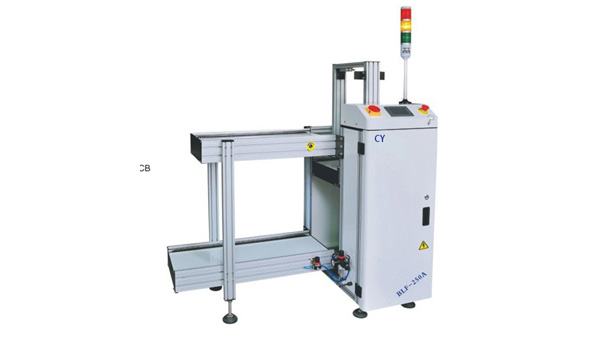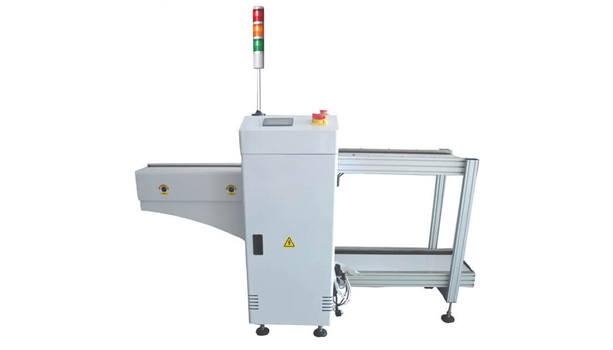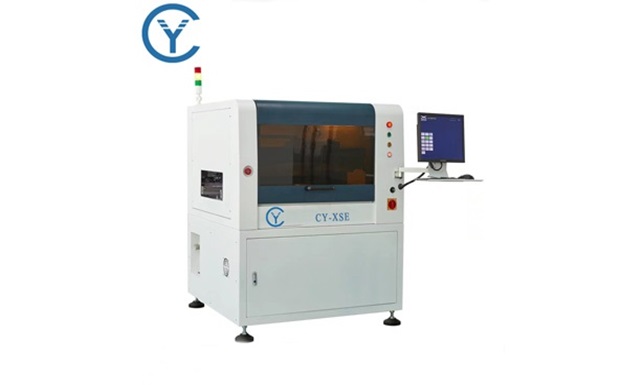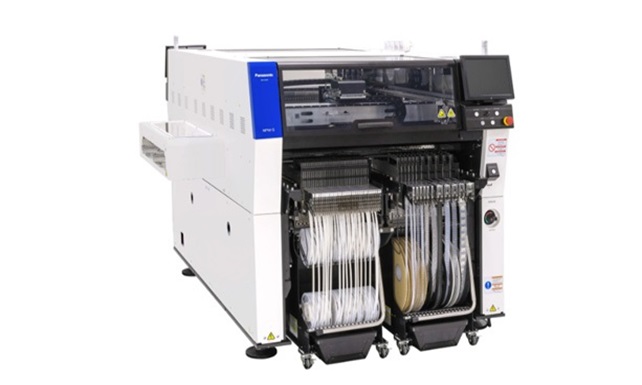PCB Loader & Unloader: Automating Board Handling for Seamless Production
These systems automate PCB transfer to/from assembly lines with ±0.05mm precision, handling boards from 50x50mm to 600x600mm and 0.2mm thickness. High-speed models process 1,000+ boards/hour, while adaptive grippers and IoT connectivity eliminate misalignments and downtime. Anti-static mechanisms protect sensitive components, and modular designs integrate with printers, AOI, or reflow ovens. Ideal for high-mix automotive, medical, or aerospace production, they reduce manual handling errors by 95% and idle time by 45%. Rugged, energy-efficient builds ensure 24/7 reliability—transforming fragmented workflows into cohesive, error-free processes where speed and precision drive scalable manufacturing excellence.
How a PCB Loader & Unloader Improves Efficiency in SMT and DIP Lines
This system automates PCB transfers between SMT printers, placement machines, and DIP lines with ±0.05mm precision, handling 1,000+ boards/hour. Adaptive grippers and vision alignment prevent misloads, reducing handling errors by 95%, while IoT-driven synchronization cuts idle time by 50%. Compatible with boards from 50x50mm to 600x600mm (0.2–6mm thick), it seamlessly integrates hybrid SMT/THT workflows. Anti-static controls protect sensitive components, and predictive maintenance ensures 24/7 uptime for automotive, medical, and aerospace production. By eliminating manual bottlenecks, it boosts throughput by 40%—transforming fragmented lines into agile, error-free ecosystems where speed and reliability redefine manufacturing excellence.


